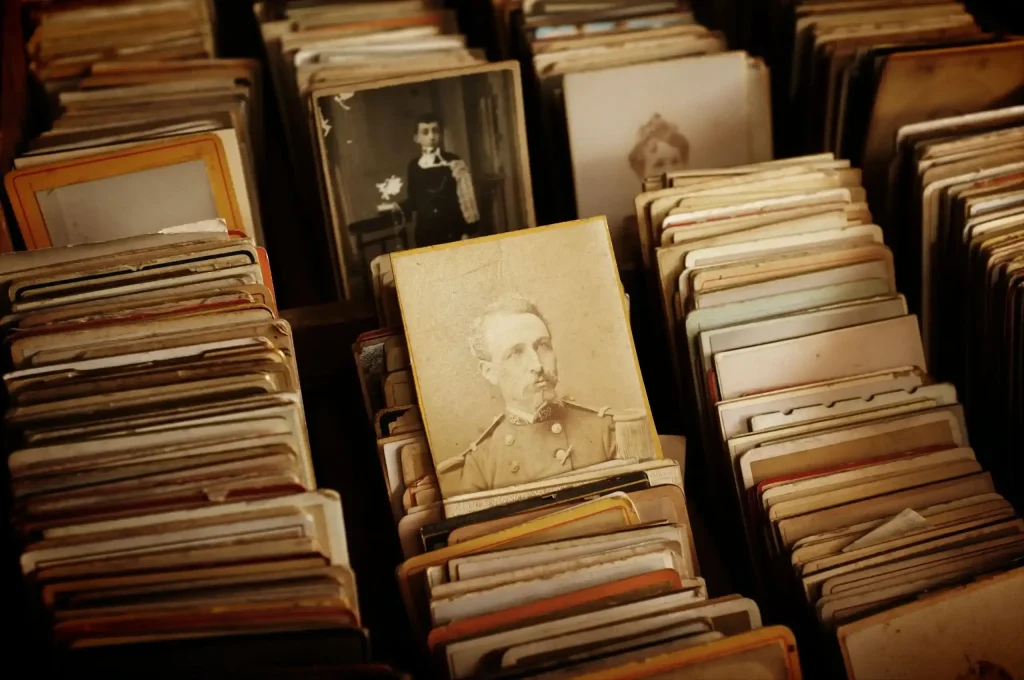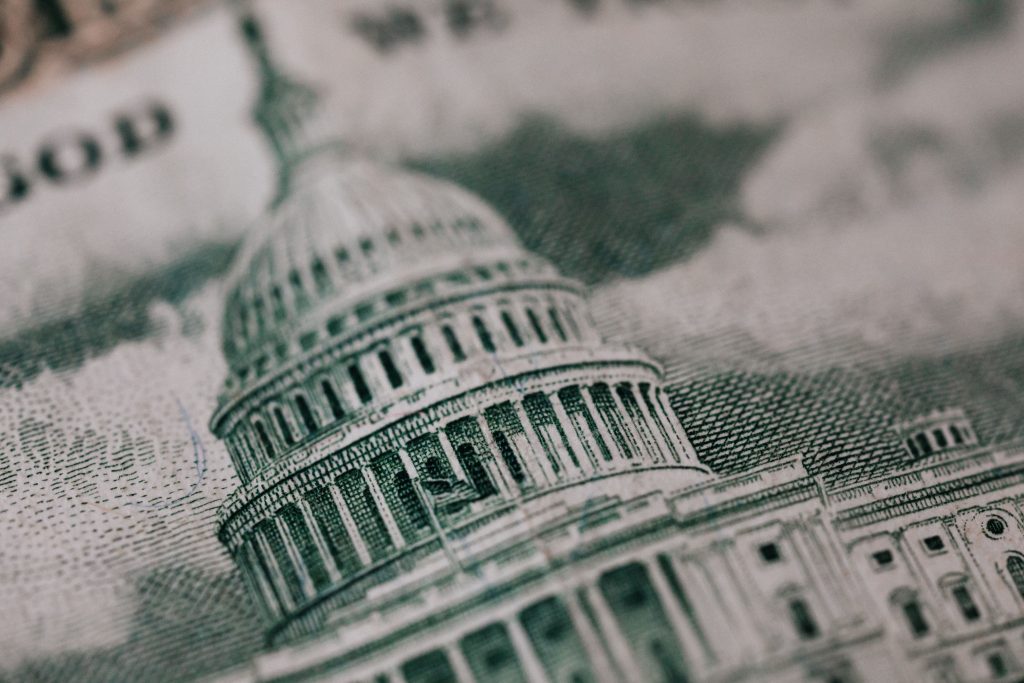What’s the point of reading essays?
When asked about prose preferences, people put novels or short stories on their list, but as for essays, most seem to associate this literary composition with an extreme study routine condemned to the distant past. Besides, for the majority of yesterday’s students, essays are a synonym for boredom.
Is it so?
If you happen to be open to changing your perspective, we’ll have a little talk about some of the best essays ever written and why they’re worth your time. We’ll look at some classy (where without it?) essays, dust off historical works, and see what contemporary writers have to say about them.
Who knows? Maybe some of those great essays will give you a spark of writing inspiration, help you boost your prose, or finally move your creativity out from a dead end.
For those looking to enhance their writing skills or seeking assistance with their own essays, exploring professional services can be beneficial. If you’re considering this option, you might want to buy essay from reputable sources to ensure quality and originality.
Best Essay Collections of All Time: Your Famous Essay Inspo Is Out There
Even with all the music icons popping up here and there, nobody can beat The Beatles, Pink Floyd, or Sinatra. The same happens in the world of literature. Loads of authors write bestsellers, yet the belles-lettres Olympus belongs to the chosen ones. It would be foolish to single out just one author among this diversity of immense talents. That’s why we’ve listed some of the best essay collections of all time that we believe are perfect for boosting your narrative and personal writing,
- “Documents” by Charles D’Ambrosio. Life gets tough at times, and Charles D’Ambrosio knows it very well. His personal letters and poems are full of lines about hardships and losses. His ability to share private emotions by employing written language makes his works feature among the top essays collections.
- “Once More to the Lake” by E. B. White. Meet the author, his son, and their calm life in the forests of Maine. Learn to describe nature, add a couple of sophisticated words to your vocabulary, and incorporate mystery into your next story with the help of White’s masterpiece.
- “The New Commandments” by Christopher Hitchens. Hitchens knows how to write the best essays ever and shatter the Holy Bible’s rules. The author will teach you to virtuously use both humor and sarcasm, challenge orthodox ideas, and incorporate solid evidence to support your viewpoint.
- “Thoughts for the Times on War and Death” by Sigmund Freud. Put this work on your list if you want to be more accurate when writing on human nature and learn to play with unending sentences. See how virtuously the founder of psychoanalysis scans Western civilization to find out what brings homo sapiens to the forefront.
Classic Essays…Because Classics Rocks!
If you want to learn from the best, dig deeper! The most prominent writers of the past (the cornerstones of world literature, let’s be honest) are incredible to learn from. Not only will they let you get a foot in the door to the times you will never experience, but they’ll also help you enrich your own prose at the lowest cost.
- “A Collection of Essays” by George Orwell. The uncompromising style of Mr. Orwell is the best source possible to learn to describe the time you live in and share your personal reflection on human vices. Those frequently assigned to write history papers should thank all the gods of literature for Orwell’s great essay set.
- “The Crack-Up” by F. Scott Fitzgerald. Would you like to learn to blend realism and romance in written form? By revealing these powerful essays, Edmund Wilson, who actually compiled the collection, sheds light on this symbol of the Jazz Age and opens the world to the art of exceptional letter writing.
- “Death of the Moth” by Virginia Woolf. No list of important essays would be complete without Woolf. Firstly, it’s because her language is beautiful. The author knows how to find the extraordinary in the mundane and discusses the paradox of life and death in the simplest words ever.
- “The Minotaur (or, The Stop in Oran)” by Albert Camus. One of the collections of amazing essays for those who’d like to go outside the bounds of traditional academic writing. While Albert Camus talks about the meaning of life, you enjoy an illustrative example of how to write a paper taking a philosophical position.
The Famous Essay Phenomenon: Meet the New League
Contemporary writers prove that essays can be about anything. Seriously. Reading about Instagram, beaches, feminism, or dieting shouldn’t surprise you, but it’s still something to prepare for.
- “Dead Girls: Essays on Surviving an American Obsession” by Alice Bolin. From fictional female characters such as Laura Palmer to icons like Britney Spears, this collection of essays becomes Bolin’s investigation of grossly misrepresented women celebrities. What’s there for you in it? Smartly written language and a new look at iconic American works that you’re welcome to refer to in your papers, of course.
- “How to Write an Autobiographical Novel: Essays” by Alexander Chee. Learn to examine and reproduce on paper your most crucial experiences. As a writer, a Korean American, a gay man, and a friend, Chee becomes your personal guide to writing by letting you plunge into his inner world.
- “Tonight I’m Someone Else: Essays” by Chelsea Hodson. In the digital era of likes and links, the works of Hodson seem to teach aspiring college writers how to write in extra-modern language and blend terms like “sugar daddies”, “Schopenhauer”, “digital vulnerability”, and so on.
- “All the Lives I Want: Essays About My Best Friends Who Happen to Be Famous Strangers” by Alana Massey. How do you write a great essay without getting too confessional? Check out how masterfully Alana Massey examines the lives of famous ladies that embody our biggest fears and most significant aspirations. Learn to write cleverly and show personal stories that are achingly explicit.
History Essay Writing: Delve Into the Past
When writing а history paper, there are no limits on topics or ways to approach them. As a history essay writer, you’re free to take a unique tour as far back as the Old Testament and give a unique viewpoint on how things really were. Luckily, dozens of history essay writing gurus have done the homework for you and put the heaviest words into inspirational texts about the nonphysical realm of the past. Here you go.
- “Notes of a Native Son” by James Baldwin. If you’re engaged in the research of black life at the onset of the civil rights movement, this work is the best manual ever written on it. Short yet powerful sentences from one of the best essayists demonstrate how to stay consistent with the story’s mood and properly explore the hard condition of being black in the US.
- “Undelivered: The Never-Heard Speeches That Would Have Rewritten History” by Jeff Nussbaum. A fantastic insight into remarkable speeches that weren’t given. Learn to write better speeches and find out what could have been different in the history we know today.
- “Essay Collection & Short Tales From History” by Luca Cianca. Enjoy the way a young historian does her best to process events of the past in order to interpret them more accurately. Get a better idea of how to discuss distant and near events and see them in a new light, as well as remain consistent in your history writing.
- “Cultural Amnesia” by Clive James. Meet your personal guide to the 20th century! In more than 100 essays, the author speaks frankly about political and cultural issues of the 1900-1999 period. Scan the intellectual texts to get more realistic and optimistic ideas on how to address the above issues. Learn to communicate historical context, use punchy sentences, and build up tension about the chosen subject.
One could talk endlessly about the rich heritage left by the most talented essayists of all time. With thorough insights and wisdom, the reps of the ink kingdom prove a famous quote by Ernest Hemingway, “There is no rule on how to write. Sometimes it comes easily and perfectly: sometimes it’s like drilling rock and then blasting it out with charges.” It’s no wonder that many undergrads get stuck with their academic essays and seek help from essay writing service to write essays correctly and professionally. But there’s nothing wrong with it! What it comes down to is that you have to be truthful to your audience and yourself. Stick to the rules, but don’t be afraid to break them eventually, because that’s where the beauty of writing lies.





